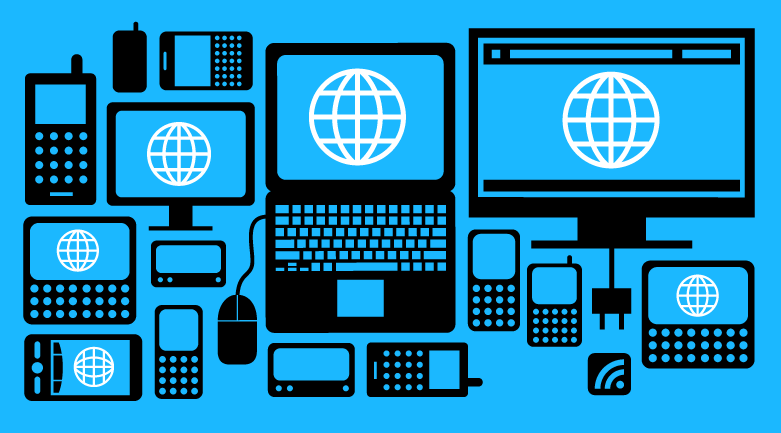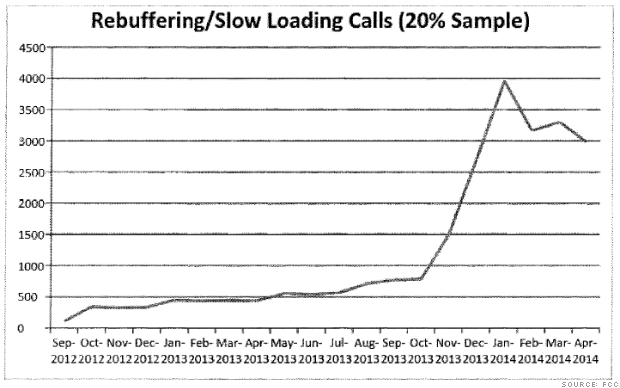
Net neutrality made big news last month when President Obama asked the Federal Communications Commision to take on strict rules keep net neutrality alive. In November, more than 250,000 tweets were posted about the topic.
But what is net neutrality?
There has been some confusion about net neutrality, especially since Republican Sen. Ted Cruz tweeted:
“Net Neutrality” is Obamacare for the Internet; the Internet should not operate at the speed of government.
— Senator Ted Cruz (@SenTedCruz) November 10, 2014
Tim Berners-Lee, the inventor of the Web, describes net neutrality this way: “If I pay to connect to the ‘net with a certain quality of service, and you pay to connect with that or greater quality of service, then we can communicate at that level.”
To put it another way, all the information on the Internet is equal; people should be able access Facebook at the same quality of service that they access Netflix.
And this was how the Internet worked until this January.
That’s when the DC Circuit Court ruled that the FCC cannot force Internet service providers (ISPs) to treat all Internet traffic equally. The ruling meant that ISPs like Comcast or Verizon could allow faster access to certain websites, slow down access to others, or completely block access to certain websites.
This ruling also lets ISPs charge websites more for faster Internet speeds, which happened back in January when Comcast slowed down access to Netflix causing Netflix customers to experience significantly slower loading times for their streaming movies. Calls to Netflix’s customer service about slow loading times quadrupled during this period.
In order to stop the long buffering times, Netflix had to pay Comcast to receive faster service.

Save the Internet, a website dedicated to preserving net neutrality, describes a non-net neutrality Web as “a two-tiered Internet, with fast lanes for the few who could afford the new tolls — and a slow dirt road for the rest of us.”
In November, the White House released its stance on net neutrality, saying, “An open Internet is essential to the American economy, and increasingly to our very way of life.”
President Obama also created a set of rules that he asked the FCC use to maintain net neutrality. The four rules were:
- no blocking websites
- no slowing down or speeding up websites
- increased transparency
- no websites should receive preferential treatment from ISPs
The American Civil Liberties Union and Save the Internet would like to have consumer broadband services reclassified as a “telecommunication service” under the Telecommunications Act of 1996, which would make ISPs treat the Internet like a telephone service. Users pay to use the Internet and free to access any website they wish just like how people pay their phone bill so they’re able to call anyone they wish.